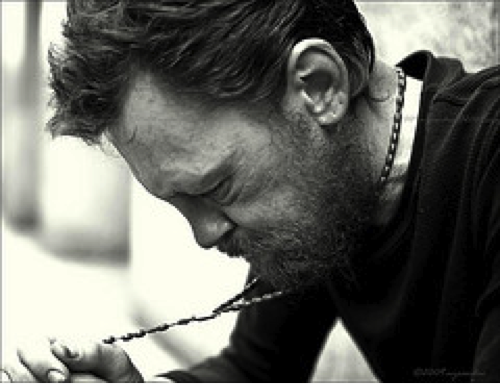Watching a loved one struggle with an addiction can be one of the most challenging issues you may ever face. There are many obstacles you must help them overcome on the road to recovery, yet the vision of a full rehabilitation will always be present as the light at the end of the tunnel. If you are helping someone through this trying time, here are a few things you can expect as you work towards a better life together.
Expect Difficulties
Depending on your loved one’s progress through addiction recovery, you can expect to be met with a variety of difficulties along the way. To begin, they may not believe that they have an addiction, or that the addiction is truly that bad. With this, your loved one may feel fear, anger, or even depression towards their choices or even their entire life.

Help Yourself as Well
Helping someone overcome an addiction can be an extremely emotional journey that may leave you with your questions, concerns, or fears about your own life. And not addressing these issues quickly can lead to a buildup of insecurities that only act as a detriment to you and those around.
While you may see it as selfish to get help for yourself, truthfully it will be only beneficial to you and your loved one that is overcoming the addiction. If you feel problems arising within your own psyche, seek out support of your own to make a better life for everyone.

Clear Your Schedule
This is not to say that you should dedicate every waking hour of your life towards your loved one’s addiction recovery. You most likely have a job, friends, and a life of your own that you wish to keep intact – make sure to nurture these relationships as well in order to boost your own emotional stability.
That being said, though, in order to be an effective support system for your loved one, you must make yourself available to help when needed. If this person in your life is cooperative and agrees to go on a quest towards change, they will need all of the support they can get. Make a point to be open to talk or meet whenever necessary, and be as supportive as you can manage.
And beyond personal meetings or communications, your loved one, in their quest towards recovery, will be attending meetings and group discussions with others that face the same issues. And while your attendance isn’t mandatory, showing up and participating is a wonderful way to express your dedication towards the rehabilitation of your loved one. Attend these meetings when you can, and stand by their side as you move forwards together.
Hope for Recovery
The culmination of your loved one’s rehabilitation process ends with a full recovery. This is what you have worked for together, and the only way that you can begin a healthy relationship once more. So as you make this journey side by side, keep a positive attitude and focus on the happy and healthy future that lies ahead of you both.

